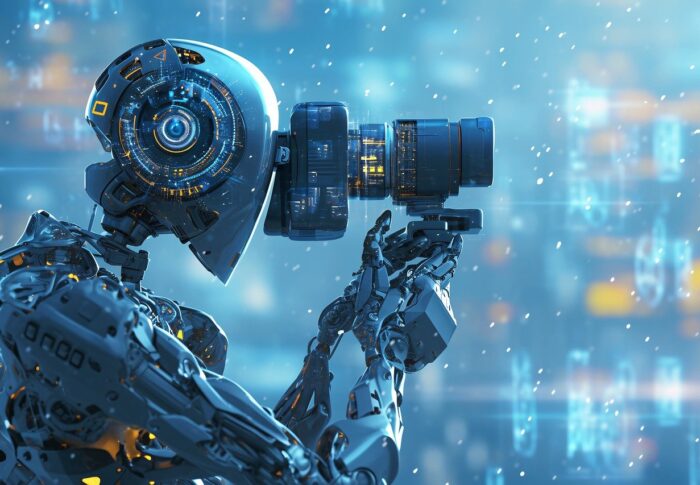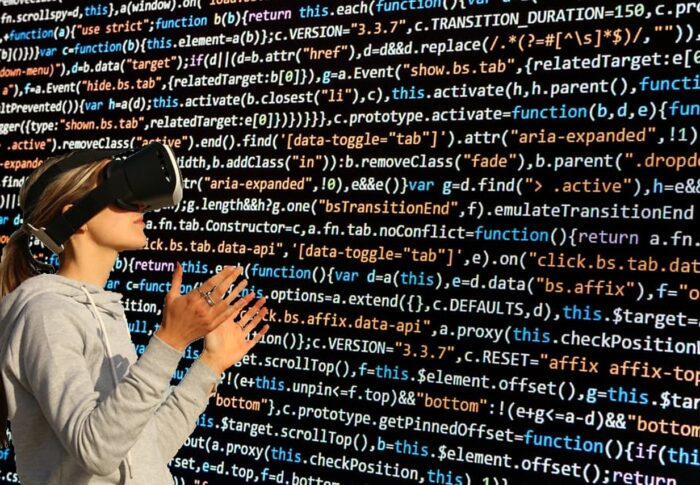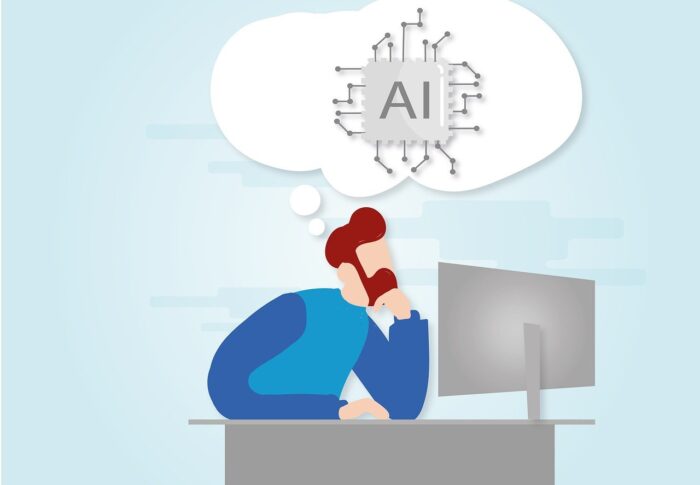
How AI is Transforming Healthcare: Applications and Innovations
Artificial Intelligence (AI) is rapidly transforming healthcare in ways that were previously unthinkable by providing unprecedented opportunities to improve patient outcomes, reduce costs, and enhance patient experience. Healthcare providers are increasingly turning to AI technologies to improve their decision-making processes, optimize treatment plans, and improve the accuracy and efficiency of medical procedures. With advances in machine learning, natural language processing, and data analytics, AI is becoming an essential tool in the healthcare industry.
One of the most significant applications of AI in healthcare is in medical imaging. Radiology and other imaging studies generate large volumes of data that can be challenging for humans to interpret accurately. With AI, imaging studies can be analyzed quickly and accurately, allowing physicians to diagnose and treat patients more effectively. AI algorithms can help detect abnormalities in medical images, such as tumors or fractures, and assist physicians in making accurate diagnoses. AI can also help identify early signs of disease, such as breast cancer, by analyzing mammography images.
Another area where AI is transforming healthcare is in predictive analytics. By analyzing vast amounts of data, AI algorithms can identify patients who are at risk of developing certain conditions, such as heart disease or diabetes, and provide proactive interventions that can help prevent or manage these conditions. AI can also help predict which treatments will be most effective for individual patients, allowing physicians to tailor treatment plans to meet their unique needs
AI is also improving patient engagement and communication. Chatbots and virtual assistants are being used to answer patient questions, provide guidance on self-care, and facilitate communication with healthcare providers. These tools can also help patients manage chronic conditions, such as diabetes or hypertension, by providing reminders and tracking progress. AI-powered personal health assistants can provide personalized guidance to help patients improve their health outcomes by offering recommendations on diet, exercise, and lifestyle modifications.
Remote patient monitoring is one other area where AI is transforming healthcare. With the rise of wearables and other connected devices, patients can be monitored remotely and receive real-time feedback on their health status. This allows for early detection of health issues and more efficient management of chronic conditions. For example, remote monitoring of patients with heart failure has been shown to reduce hospitalizations and improve outcomes.
Drug development is also being transformed by AI technology. By analyzing large data sets and identifying patterns, AI algorithms can help identify new drug candidates and accelerate the drug development process. This has the potential to save lives and reduce costs by bringing new treatments to market more quickly. For example, the use of AI in drug discovery has led to the development of new treatments for diseases such as cancer and Alzheimer’s.
From improving patient outcomes to accelerating drug development, AI is proving to be the technology of the future particularly in healthcare. As AI continues to evolve, we can expect to see even more innovations in healthcare that will help us to live longer, healthier lives. However, it is important to ensure that these technologies are developed responsibly and ethically, with a focus on improving patient care and outcomes. By harnessing the power of AI, we can create a healthier future for all.




